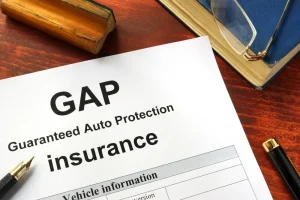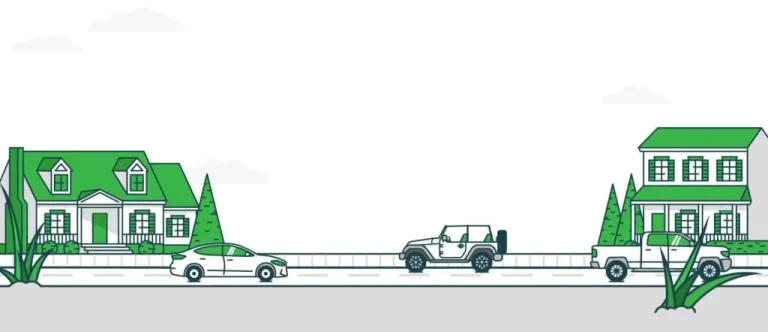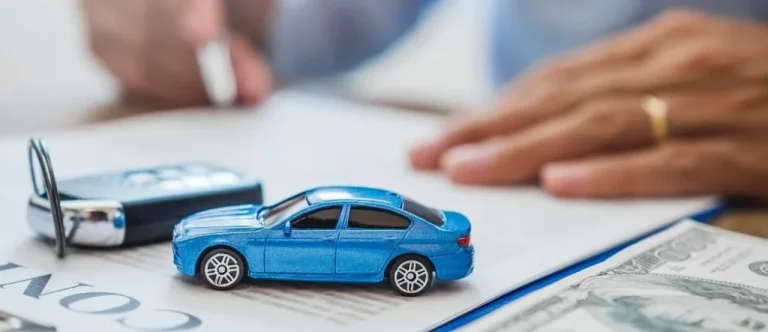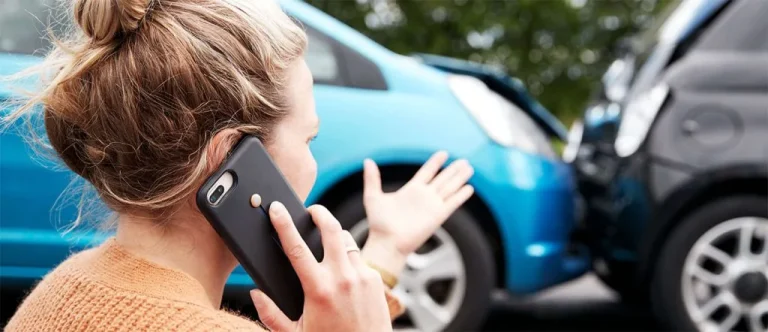Whether they’re brand new or slightly used, vehicles lose a tremendous amount of value the minute they’re driven off the lot. If you financed the vehicle, you could drive off the lot with a $20,000 loan while your new or used car drops to $15,000 in value.
If your car was totaled in the weeks, months or even years after the initial purchase date and you have adequate insurance, you could be stuck paying the difference between what the insurance company deems it’s worth and the amount you have remaining on the loan.
Unless you have GAP (Guaranteed Asset Protection) Insurance! While GAP insurance isn’t for everyone, there are some scenarios when it will seriously come in handy or you’ll be kicking yourself for not purchasing coverage.
GAP insurance is usually affordable and can work as a safety blanket for your financials. This is everything you need to know about GAP insurance.
What Is GAP Insurance?
GAP insurance is supplemental coverage that pays the difference between the amount of money you receive from collision or comprehensive coverage if the car is stolen or totaled and the amount you still owe on your auto loan.
You can purchase GAP insurance by adding an endorsement to your current auto insurance policy or simply purchase it at the dealership when buying your vehicle. Although you should check with your insurance company because it will likely be cheaper.
Do I Need GAP Insurance?
Some drivers should purchase GAP insurance and some drivers will be just fine without it, but you’re not legally required to purchase GAP insurance. There are a few different scenarios when it can come in handy, though.
If you lease a vehicle, GAP insurance is strongly recommended. If you purchased a brand new car, have an auto loan of more than five years put down less than 20 percent on your vehicle or your vehicle has a history a quick depreciation, GAP insurance can help tremendously if your vehicle is totaled.
If you own your vehicle outright, there is no point in having GAP insurance because there would be nothing left to pay in the event your vehicle is totaled.
What Does GAP Insurance Cover?
GAP insurance is great in many situations, especially when you consider auto insurance will only give you what your car is worth on the used car market and not what you bought the vehicle for.
So if you total your car, still owing $15,000 on your auto loan, and your car is only worth $10,000 on the used car market, GAP insurance would cover the $5,000 difference so you could pay your loan in full.
How Does GAP Insurance Work?
Although we hope you don’t need to use your GAP insurance (because that would mean your vehicle has been totaled), it’s pretty simple to use.
After filing a claim with your auto insurance company for an at-fault accident or the other driver’s insurance company for an accident that wasn’t your fault, they’ll cut you a check for the used-car value of your totaled car.
Oftentimes that check won’t cover the amount you still owe on your vehicle because they depreciate fairly quickly. Then you’d contact your GAP insurance provider, file a claim with them and they would cut a check for the difference between what you received from the auto insurance company and what you still owe to the lender of your auto loan.
How Long Does It Take for GAP Insurance to Pay?
Since GAP insurance claims occur after your auto insurance cuts a check for the value for your vehicle, GAP insurance payments should come quickly after filing the claim. More often than not, you’ll receive a check before your next auto payment is due.
How Long Does GAP Insurance Last?
GAP insurance lasts as long as you owe money on the vehicle. Whenever you’ve successfully paid off your vehicle, the first thing you should do is jump in joy that you’re not chained down by a car payment! The second thing you should do is cancel your GAP insurance.
It depends on how much money you’re paying for GAP insurance, but there are certain circumstances when it may be worth it to terminate the policy while you still owe a little money on your vehicle.
Let’s say you still owe $500 on your vehicle but your yearly payment of $100 is coming up for GAP insurance.
The policy would only cover $500 if your car was totaled. If it doesn’t get totaled by the time your last payment comes in, you’d probably be better off keeping that $100, putting it toward your payment and taking the $400 hit if — hopefully not — something catastrophic were to happen.
How Much Is GAP Insurance?
GAP insurance will typically cost less than $100 per year if you purchase an endorsement from your auto insurance provider. But it could cost upwards of $500 per year if you go through the dealership.
We always recommend consulting your auto insurance carrier before buying at the dealership.
Is GAP Insurance Worth It?
GAP insurance isn’t for everyone, so whether it’s worth it or not is relative to your situation. If you’re an extremely cautious driver who’s never been in an accident and doesn’t drive a really expensive car, GAP insurance may not be for you.
However, if you’re an accident-prone driver who has a few thousand dollars or more left on the life of your auto loan, you may want to invest in GAP insurance. If you can secure a policy for $100 per year and you have $5,000 left on the life of your auto loan, that evens it out.
How Do I Know If I Have GAP Insurance?
Sometimes GAP insurance could be thrown into the total price of the new vehicle you purchase, so you’ll need to double-check your documents before you sign on the dotted line.
If it’s too late and they’ve already got you, all you need to do is look through the documents the dealership provides at the purchase and see if it’s in there.
The editorial content on Clovered’s website is meant to be informational material and should not be considered legal advice.




